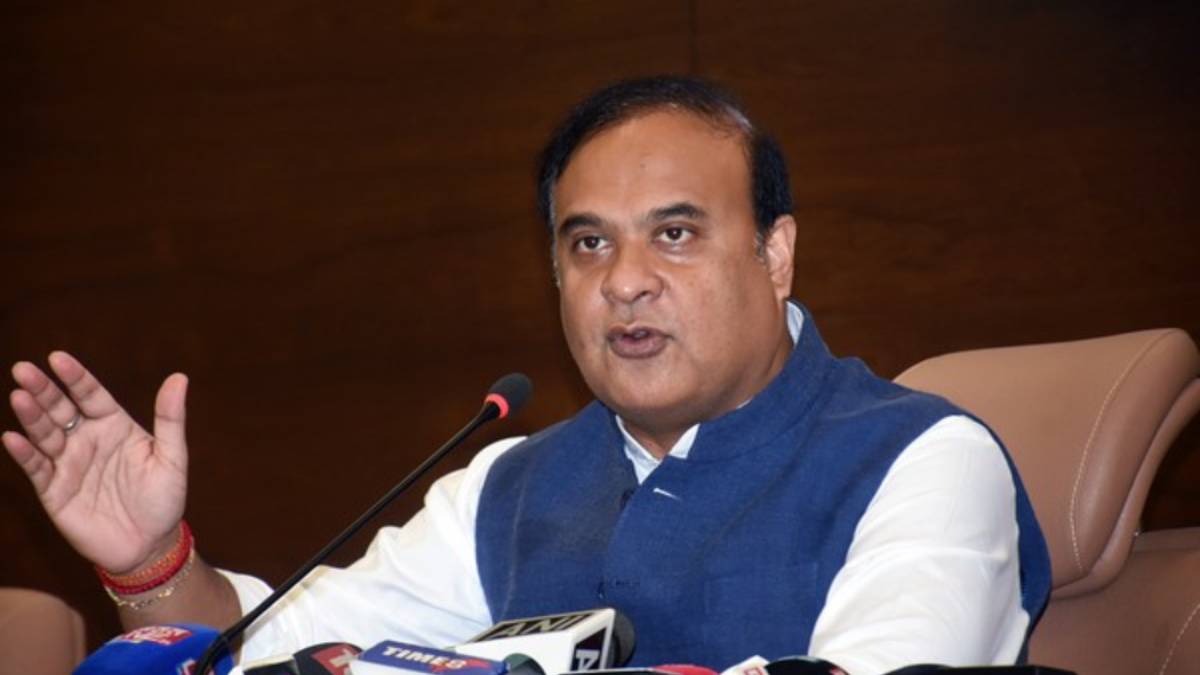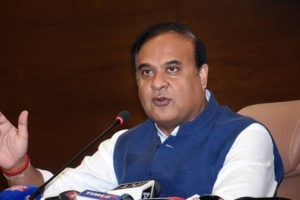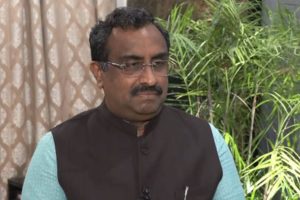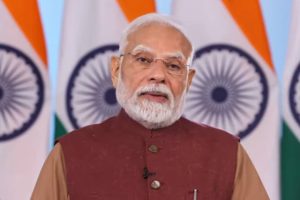Assam Chief Minister Himanta Biswa Sarma has firmly rebutted Pakistani fears about China halting the flow of the Brahmaputra River to India, calling it a “manufactured scare narrative” and asserting that the river is largely fed within Indian territory.
Responding via a detailed post on X, CM Sarma dismantled the narrative allegedly floated by Rana Ihsaan Afzal, a senior aide to Pakistani Prime Minister Shehbaz Sharif, who suggested that China could retaliate against India by blocking the Brahmaputra’s flow—similar to India allegedly cutting off the Indus waters to Pakistan.
Sarma categorically stated that China contributes only 30–35% of the Brahmaputra’s total water, mainly from glacial melts and limited rainfall in Tibet. The remaining 65–70% is generated within India, thanks to heavy monsoon rainfall and numerous tributaries in Arunachal Pradesh, Assam, Nagaland, and Meghalaya.
“At the Indo-China border (Tuting), the river’s flow is around 2,000–3,000 m³/s, but in the Assam plains, it swells to 15,000–20,000 m³/s during monsoon. The Brahmaputra is not an upstream-dependent river — it is a rain-fed Indian system,” he wrote.
He also emphasized that any reduction in upstream flow by China — even if it occurred — could actually help India manage the annual flood crisis in Assam, which displaces thousands every year.
Taking a direct swipe at Pakistan, Sarma said that while Pakistan has benefited from the Indus Waters Treaty for over 74 years, India is now rightfully reclaiming its sovereign water rights. He reiterated that the Brahmaputra is not controlled by a single source, but is shaped by India’s geography, monsoon, and resilience.
“Let’s remind them: Brahmaputra is not controlled by a single source — it is powered by our geography, our monsoon, and our civilizational resilience,” he wrote.
Sarma’s remarks come amidst growing concern over China’s proposed “Great Bend Dam” on the Yarlung Tsangpo (as the Brahmaputra is known in Tibet). Experts warn it could disrupt water flows downstream, affecting India and Bangladesh.
BJP MP Tapir Gao from Arunachal Pradesh called it a potential “water bomb”, while Dr Ranbir Singh, Chairman of the Brahmaputra Board, flagged the risk of turning India’s only water-surplus basin into a water-deficient one.
Dr Singh urged India to adopt a multi-pronged strategy — including raising diplomatic pressure, building international alliances, and enhancing domestic infrastructure — to safeguard its water security.
With rising geopolitical tensions over transboundary rivers, CM Sarma’s sharp and fact-based rebuttal reinforces India’s position that the Brahmaputra remains firmly rooted in Indian geography and sovereignty, despite external threats or alarmist narratives.





